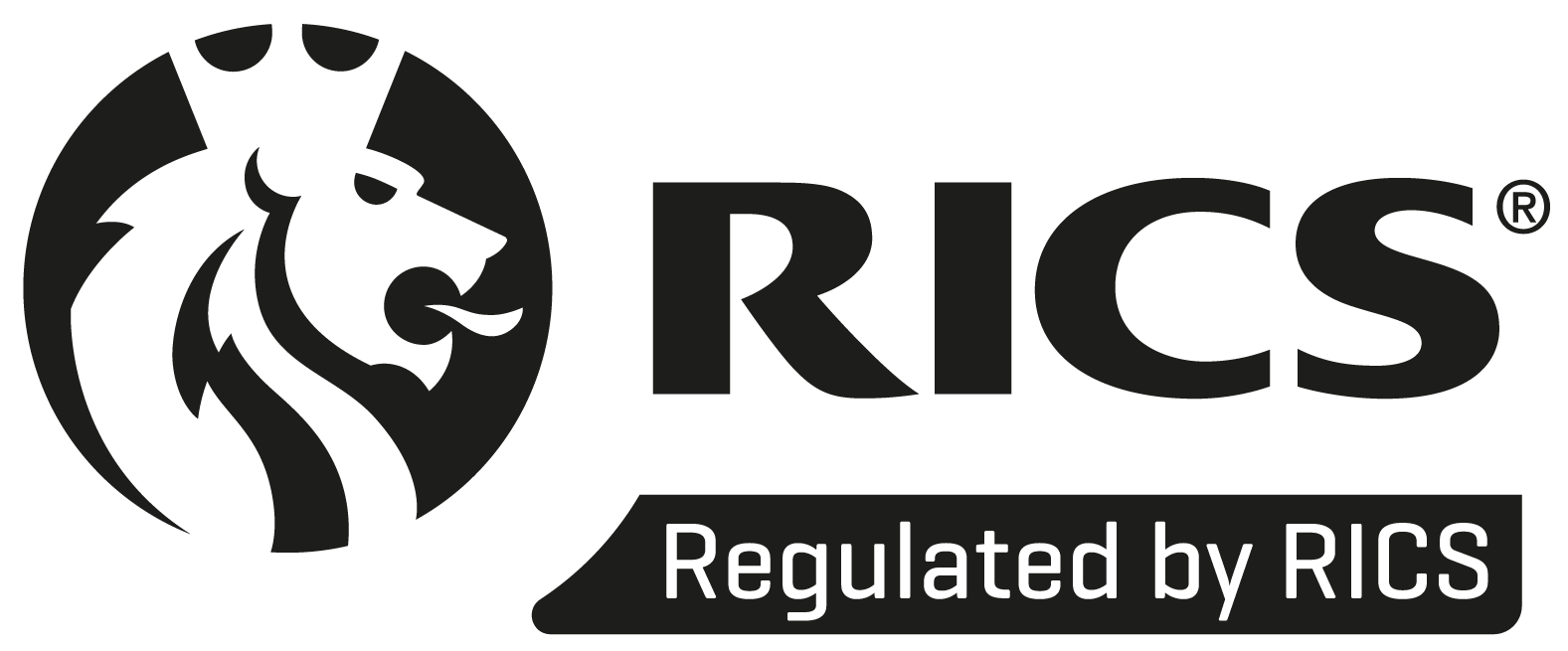Important water infrastructure changes for developers and housebuilders (FY 2024-25)
Insight shared by:
Article by
The new financial year will bring important changes to utility rates and charges, including environmental incentives, which developers and housebuilders need to be aware of to efficiently implement infrastructure plans and account for any additional costs.
Significant water infrastructure charge increases
In particular, water infrastructure charges are set to significantly rise, some incumbent water companies’ charges will increase by as much as £269 per dwelling.
For large-scale residential developments, this would see a considerable hike in infrastructure charges for housebuilders. As a result, it is advised that housebuilders need to be preparing plans ahead of these increases to factor in these changes.
Income offset to be replaced by new common framework
Additionally, from April 2025, Ofwat will no longer allow water companies to provide an income offset. This is to ensure that there is a level playing field for new appointments and variations (NAVs) entering the market.
They will, however, be implementing a common framework for incumbent water companies to offer “stronger and more standardised environmental discounts to developers to encourage them to build new homes that are more water efficient and with sustainable drainage”. [See information notice here.]
Environmental incentives for new dwellings
Many incumbent water companies currently offer some form of environmental incentive as part of their charges for connecting new dwellings to the network.
To qualify for the environmental discount, and benefit from the often significantly reduced infrastructure charges, developers are required to submit evidence that the development has been designed to reduce the consumption of clean water from the previous standard of 125 litres per person per day (LPD) to something closer to 100-110 LPD dependant on the individual incumbent’s requirements.
Some incumbent water companies will reduce the sewerage infrastructure charge by up to 60% where water efficiency and sustainable drainage methods are proven to meet the required sustainability standards.
The addition of SuDS (sustainable drainage systems) can also greatly increase the available asset value for wastewater where a NAV will adopt the new network.
How to keep up-to-date on industry changes
As experts in the field of utilities and new connections, we proactively stay abreast of industry changes and regularly advise housebuilders in advance of any cost changes to ensure correct commercial planning for multi-utility infrastructure solutions.
Gateley Hamer is regulated by RICS (Royal Institution of Chartered Surveyors)





